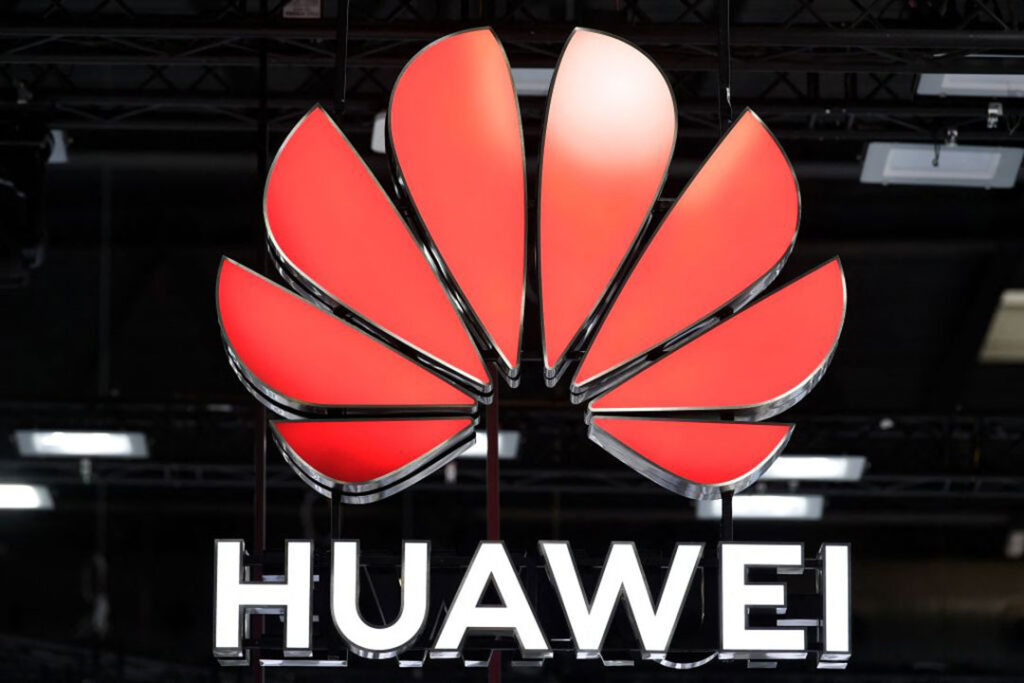ADF STAFF
In a press conference in January, Zambia announced that it would be one of the first countries in Africa to offer a 5G mobile network as part of a pilot project.
The technology, which stands for “fifth generation mobile network,” promises fast connectivity and low latency so phone users can exchange information and download data at high speeds. It is part of a project by Chinese telecommunications giant Huawei in partnership with South African carrier MTN.
“It will transform the way we live and work, and it will offer exciting new opportunities for entrepreneurs and youth in our country,” gushed Zambian Minister of Technology and Science Felix Mutati during the event.
And although Huawei is already a leader in mobile phone technology on the continent, having manufactured 70% of 4G base stations, Zambia shows how fraught the partnership can be. In 2019, the company was at the center of a scandal when it was revealed that Huawei technicians embedded in Zambia’s cyber-surveillance unit were intercepting encrypted communications of political opposition figures and using cellphone data to track and arrest them.
“Technicians from the Chinese powerhouse have, in at least two cases, personally helped African governments spy on their political opponents,” the Lusaka Times reported.
Around the same time, Huawei reportedly helped Ugandan authorities track and arrest opposition figure Bobi Wine. In Burundi, Huawei hardware was used to block the websites of media outlets that criticized the government.
In 2020, the company was in the middle of a global scandal when the Huawei-built network at the African Union headquarters in Addis Ababa, Ethiopia, was found to be backing up and sending confidential governmental data to servers in Shanghai.
The incidents are prompting critics to warn that, when dealing with Huawei, mobile networks may come with hidden costs: surveillance and loss of autonomy.
“The issue of digital foreign interference is a new phenomenon that many … don’t really understand because the digital sphere is something that is not tangible,” Arthur Gwagwa, an expert in artificial intelligence at the Ethics Institute at Utrecht University, told Deutsche Welle (DW). “Some of the vulnerabilities in the Chinese equipment are intentional, they are introduced for malicious purposes.”
Huawei first came to Africa in 1998 with a deal in Kenya and has grown exponentially since then with operations in 40 countries. In addition to mobile phone networks, the company is a leader in surveillance and facial recognition systems. Huawei and other Chinese companies have built information technology systems in at least 186 government buildings in Africa, including presidential palaces, defense ministries and parliamentary buildings.
But countries worry about Huawei’s close links to the Chinese Communist Party and its legal obligation to support China’s intelligence-gathering and foreign policy objectives. A 2017 National Intelligence Law requires that all companies and citizens should “support, assist and cooperate with the state intelligence work.”
Gwagwa said this obligation to help could mean intentionally installing “backdoors” in systems to facilitate hacking and sending information to the Chinese government. Its equipment, he said, “allows vulnerabilities for cyberattacks for military and industrial espionage,” Gwagwa told DW.
The newly unveiled 5G technology is still far away for much of Africa. Only about one-third of telecommunications users in Sub-Saharan Africa have access to 4G broadband. By 2025, 5G penetration will still only reach about 3% of the continent, according to an estimate by an industry group.
But tech experts say handing over too much power to one supplier is dangerous. If Huawei controls a country’s 5G network, it has the power to shut it off or introduce hidden channels to steal information. “It gives control over critical information infrastructure to an external power that could theoretically shut that infrastructure down or introduce hard-to-detect exploits and other vulnerabilities through the supply chain,” wrote researchers Nathaniel Allen of the Africa Center for Strategic Studies and Noëlle van der Waag-Cowling of Stellenbosch University in South Africa.
To avoid this, some have urged African countries to work with a diverse group of suppliers while others have recommended finding homegrown tech solutions. “This is probably the time Africa considers developing its own technologies relevant to its market instead of being passive consumers,” Harriet Kariuki, a Sino-African specialist and co-founder of Afrijob, which helps digital startups, told the BBC. “I want to see African countries come together and push back.”

